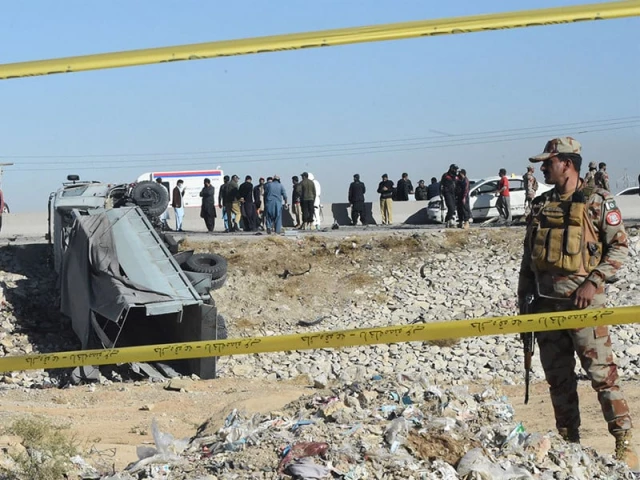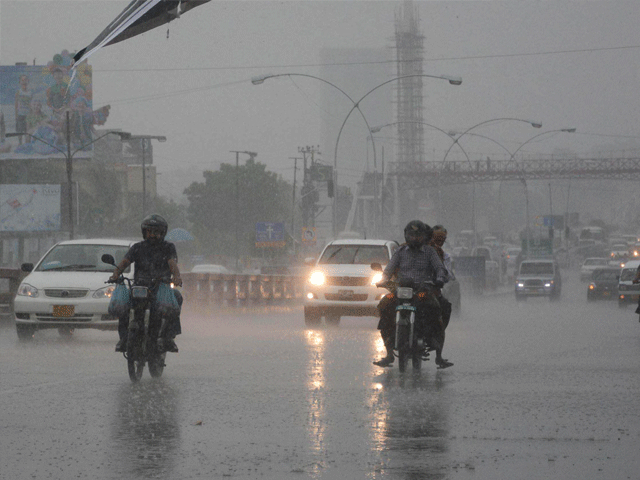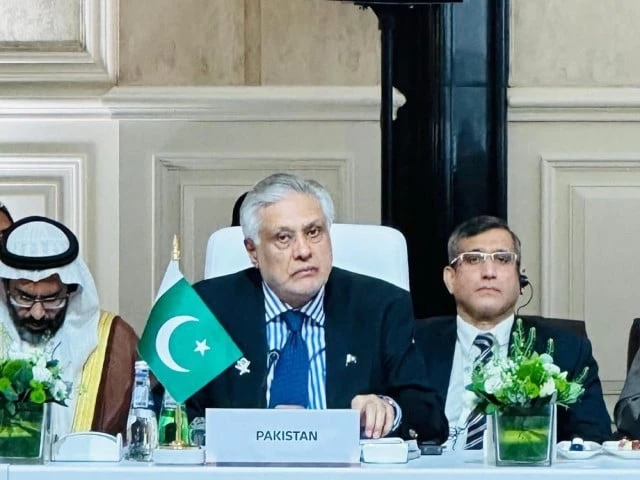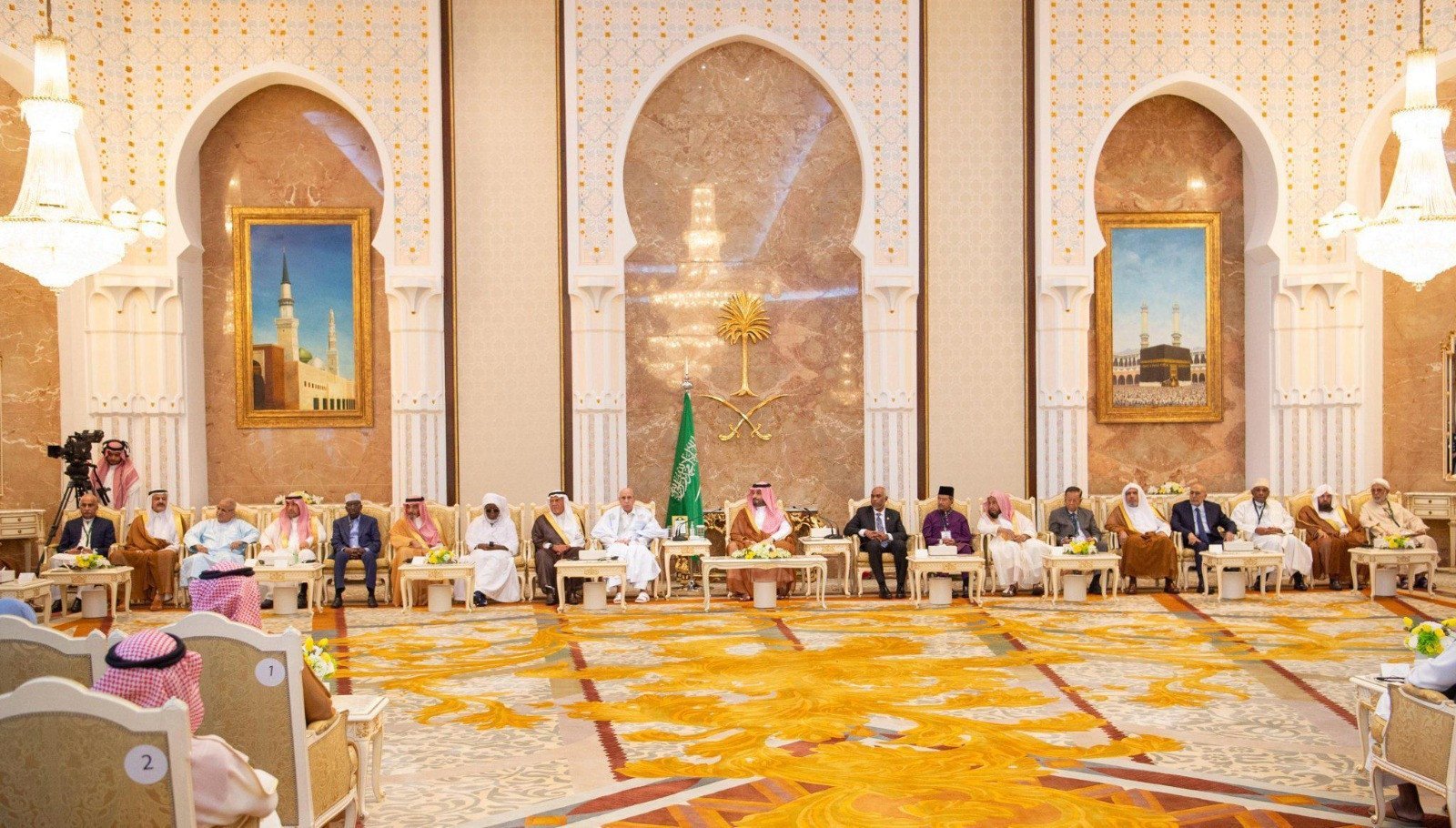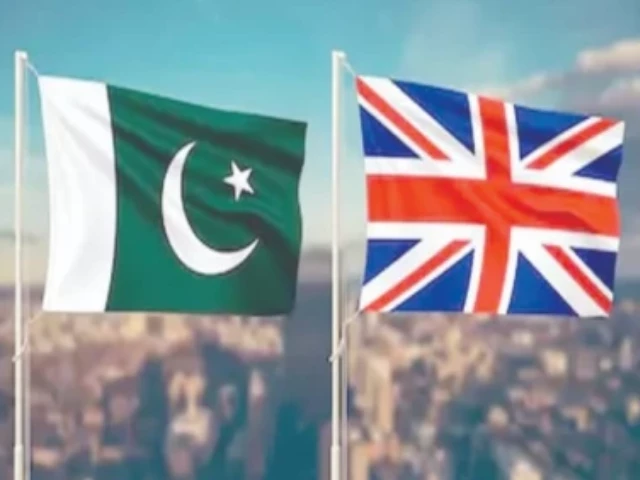The Rising Concern: Afghan Nationals and Terrorism in Pakistan
Recent reports have unveiled a troubling trend in Pakistan: a staggering 70% of terrorists involved in attacks by the banned Tehreek-e-Taliban Pakistan (TTP) are now Afghan nationals. This is a significant jump from the 5-10% observed in previous years, raising alarms among Pakistani authorities. Ambassador Muhammad Sadiq, Pakistan’s special representative on Afghanistan, shared these findings during a closed-door meeting at the Shanghai Cooperation Organisation (SCO) in Dushanbe, revealing not just a local crisis but a regional one as well.
This alarming statistic drew attention from other countries, including Iran, where representatives echoed similar concerns. Citing a recent attack where 16 out of 18 assailants were Afghan nationals, they highlighted a common struggle against growing extremism. For Pakistan, the increased involvement of Afghan nationals in terrorist activities signals a troubling new reality, adding pressure on an already tense relationship with Kabul.
Pakistan has long accused the Afghan Taliban of harboring TTP leaders and fighters, who regrouped after military operations in Pakistan’s former tribal areas. Despite official denials from the Taliban, Islamabad maintains that TTP safe havens remain intact across the border. The situation has escalated recently after a series of deadly attacks in Khyber-Pakhtunkhwa, which have been directly linked to militants operating from Afghanistan.
In response to these rising tensions, Pakistan is not standing still. The government is ramping up diplomatic engagement with regional stakeholders to pressure the Taliban regime. Upcoming trips by Ambassador Muhammad Sadiq to Tehran and Moscow demonstrate Islamabad’s commitment to seeking a broader consensus against extremist groups exploiting Afghanistan’s volatile security environment.
This situation poses not only a challenge to Pakistan’s border security but also raises urgent questions about the Taliban’s ability or willingness to take effective action against the TTP. As these dynamics play out, the risk of escalating conflict looms large, making it essential for all involved to work collaboratively towards a peaceful solution.
For anyone looking to understand more about Afghanistan’s geopolitical landscape and its implications, there are valuable resources and connections available. Engaging with platforms like Pro21st can provide deeper insights and foster a greater understanding of these complex issues.
At Pro21st, we believe in sharing updates that matter.
Stay connected for more real conversations, fresh insights, and 21st-century perspectives.

